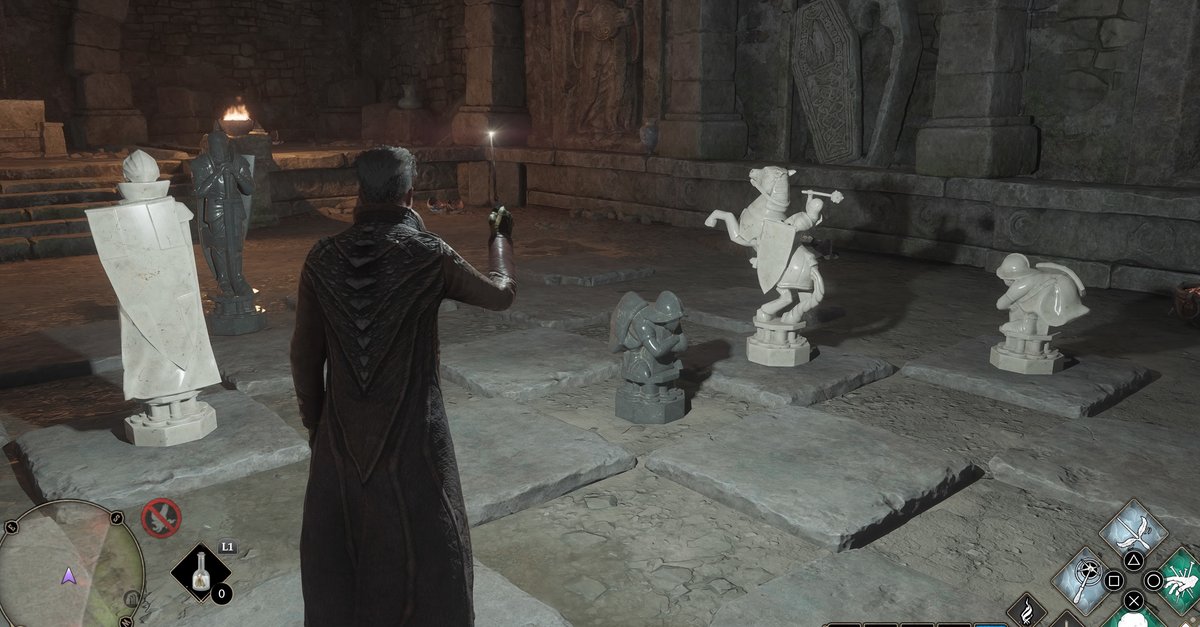Artificial hibernation in space travel could be tested in 10 years
On very long journeys through space, it could make sense to put the astronauts into a kind of hibernation. This way they don’t have to be bored in a small space capsule for long periods of time and consume fewer supplies.
According to Jennifer Ngo-Anh, a researcher at the European Space Agency (Esa), the first studies on the subject using human subjects could be conducted as early as ten years, according to the website Space writes. However, that depends on a few factors.
Among other things, how well the research on the subject is funded and how previous tests with animals have gone. “Of course, we have to fine-tune everything before we can apply it to humans,” Ngo-Anh said.
Hibernation, also known as “freezing,” has many benefits. One of the biggest of these is probably not the most obvious. Astronauts lose muscle mass very quickly in space due to microgravity.
Despite a rigorous training schedule, astronauts on the International Space Station (ISS) often lose around 20 percent of their muscle mass in just a month. This causes them to have gravity problems after returning to Earth.
In an artificial torpor, however, the muscles of animals break down significantly less – although they do not move during the time.
“When animals wake up from hibernation, they remember their surroundings very quickly,” Ngo-Anh said. “Within seconds, they remember where they hid their food before they went into hibernation, and they actually don’t experience much muscle loss, which is quite surprising after months of just lying and sleeping in a cave.”
However, it will likely be some time before we can hibernate astronauts for long space missions. Researchers are currently testing artificial rigidity on rats.
In order to freeze them, they are given a drug and placed in a dark, low-temperature room. The desired state can only be achieved under the right conditions.
However, researchers have already succeeded in making the animals freeze for several days and then allowing them to wake up again unharmed.


